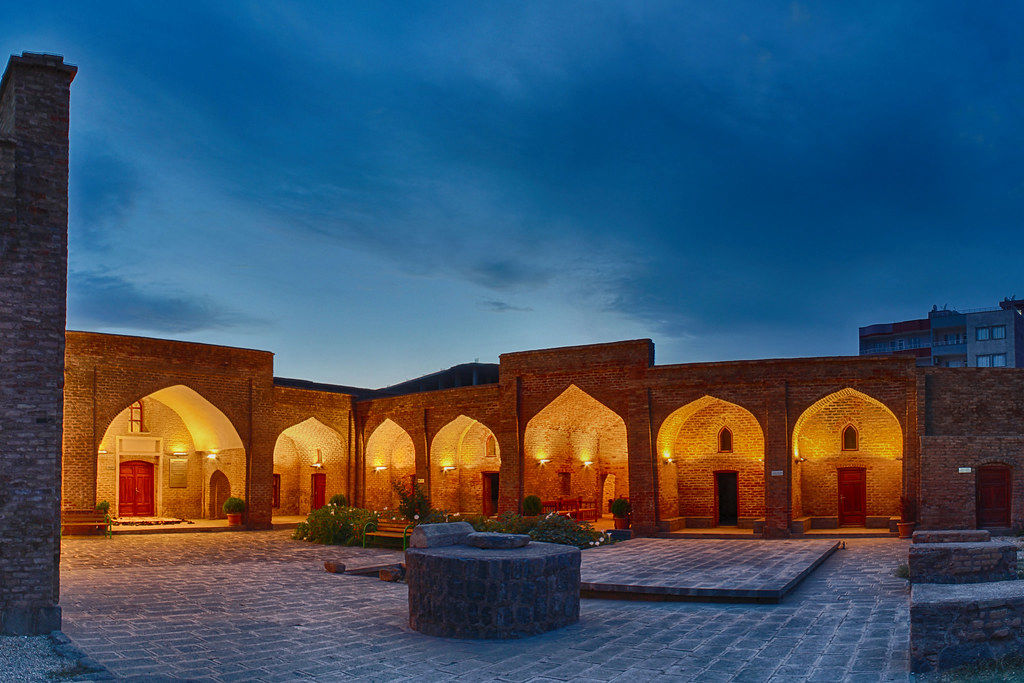
Critical Muslim Studies
As an emerging academic field, Critical Muslim Studies combines two aspects of scholarship. First, it approaches the study of Islam and Muslims in the context of lived experience and history, distinct from the more textual focus of Islamic Studies. It takes Muslim life as its primary object of study and thus underlines the relevance of the humanities and social sciences such as sociology, anthropology, history, linguistics, and comparative religion. The other salient feature of Critical Muslims Studies is that it sees critique not as a luxury, but rather as a necessity for both Muslim life and the understanding of it. A critical approach to the Muslim religious and cultural tradition is not only key to the health of Muslim thought in our times, but also crucial for a democratic conception of Islam. Critical Muslim Studies places the study of Islam and Muslims in conversation with various philosophical and intellectual traditions, understanding Muslim experience and the study of it in truly global terms.